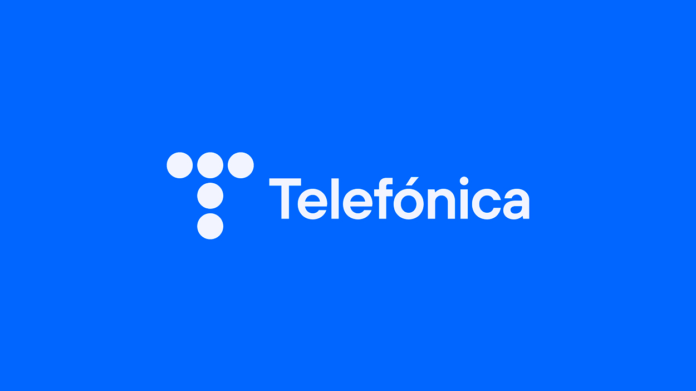Telefonica noted that the new agreement with Digi has a duration of 16 years
Spanish telco Telefónica and compatriot telco Digi have signed a new long-term mobile network agreement to extend their ongoing relationship, the former said in a release.
Telefonica noted that the new agreement has a duration of 16 years.
“The agreement, which will come into force on January 1, 2025, represents an evolution of the current mobile access contract, consolidating a successful and trusting relationship that will result in Telefónica’s provision of National Roaming and RAN sharing services. With this new agreement, Telefónica increases its sustainability by ensuring a long-term revenue stream in line with the existing one. At the same time, the fixed broadband wholesale agreement has also been extended,” the telco said.
Telefonica added the new agreement reflects the “superior quality” of its national network infrastructure and “the confidence it generates in its ability to deliver high quality services over that infrastructure”.
For its part, Digi benefits from efficient and cost-effective use of its new spectrum assets, Telefonica said.
In a separate statement, Digi explained the renewed partnership will allow it to execute an “efficient and timely transition of its mobile telephony business in Spain from an MVNO to MNO and to roll-out its own mobile network”.
Under the RAN sharing agreement, Telefonica and Digi also agree to share the mobile spectrum they own in the 3.5 GHz band, Digi added.
Digi is a provider of telecommunication services in Romania and Spain, with a presence also in Italy, Portugal and Belgium.
Digi secured spectrum to build its mobile network in Spain as part of the merger process of local carriers Orange and MasMovil. These two telcos had committed to divest spectrum held by MasMovil to Digi Communications across three frequency spectrum bands, two medium frequency bands (1.8 GHz and 2.1 GHz) and one high frequency band (3.5 GHz).
The two carriers also committed to enter an optional national roaming agreement, which Digi can decide to use or not. The possibility to use the JV’s network will complement Digi’s own network, which Digi will start rolling out with the use of the divested spectrum.

